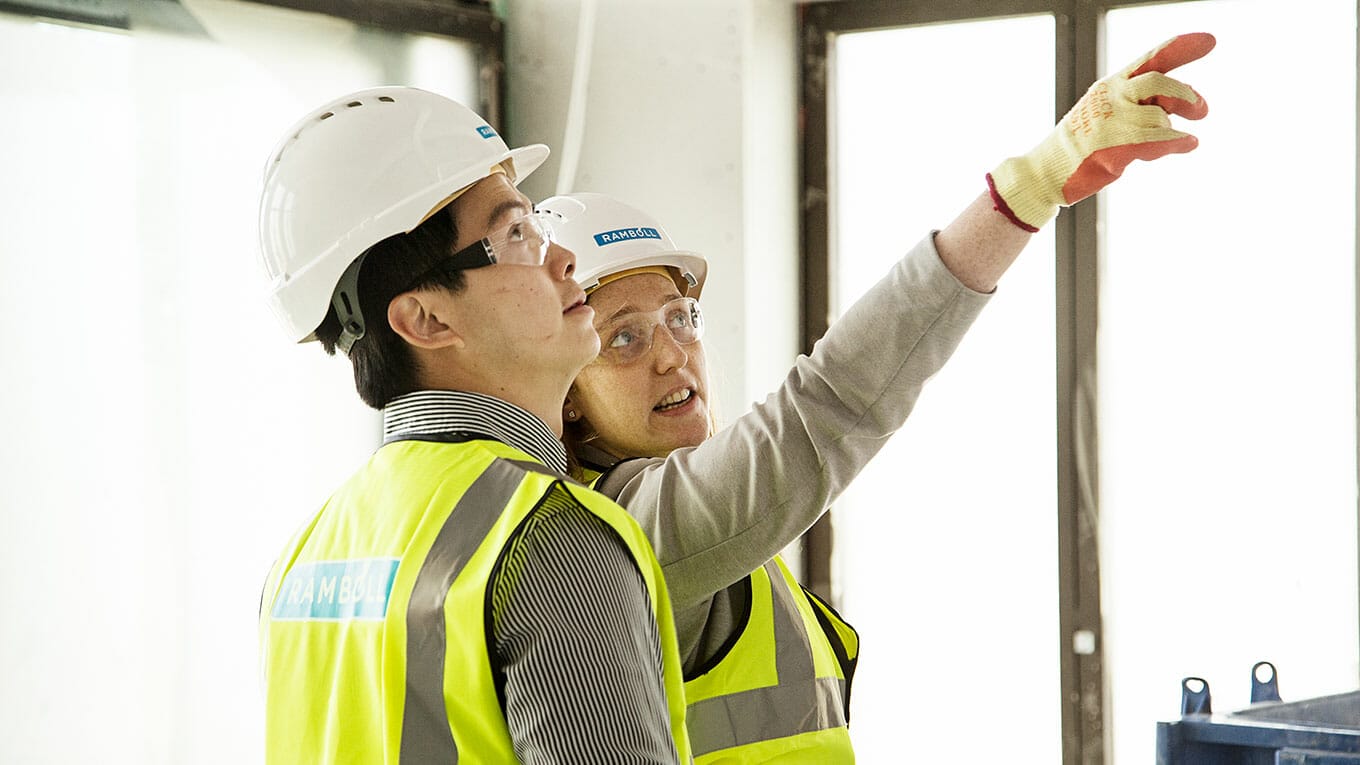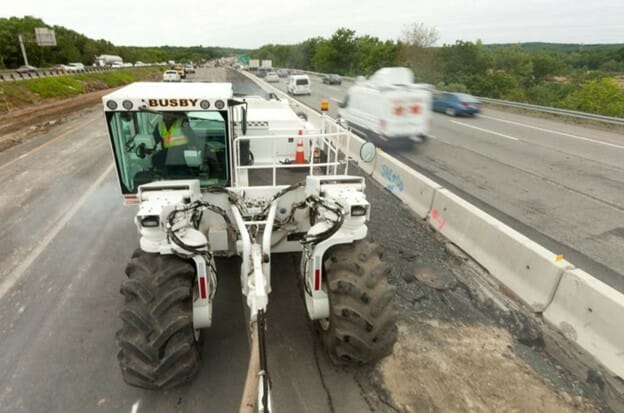Why Should Civil Engineers Be So Concerned About Climate Change?
We’ve reached that age of the human race wherein climate change is already causing irreversible damage. A century or so ago, it might be acceptable that environmental experts are the only ones holding critical knowledge about this phenomenon, its status and its growing effects; but now that the problem is affecting communities on larger scales and at an uncontrollable rate, climate change should already pose as a public concern. And civil engineers, among other engineering professionals, have a critical role mandated to us as catalysts in mitigating, if not preventing, the growing and worsening impacts of climate change.

Also called global warming, climate change is essentially the rise in average surface temperatures on Earth. Data from different organizations like the U.S. Environmental Protection Agency, the National Aeronautics and Space Administration, and the National Oceanic and Atmospheric Administration suggest that climate change exists due primarily to the human use of fossil fuels, releasing carbon dioxide and other greenhouse gases into the air.
Such gases get trapped as heat within the atmosphere which causes summers to be longer and hotter, rains to be heavier in downpour, sea levels to rise, ecosystems to receive a range of harmful effects, and drought to cause massive wildfires, among others. Other than the visible consequences, a cause of alarm about climate change is the growing of the Earth’s average temperature: it has climbed up to 1.4° F over the past century and is expected to rise as much as 11.5° F over the next.
But why should civil engineers care about this phenomenon the most? What kind of role do civil engineers hold in dealing with this crisis?

The events that are results of climate change like flooding, precipitation, drought, fires, et cetera are all affecting infrastructures. And who designs and builds these infrastructures? The civil engineers.
 It is now critical for civil engineers upon their mandate in developing structures and systems to integrate the global warming problem in planning. It already serves as an important factor in the construction of future highways, bridges, water or wastewater plants, buildings, and ports and harbors.
It is now critical for civil engineers upon their mandate in developing structures and systems to integrate the global warming problem in planning. It already serves as an important factor in the construction of future highways, bridges, water or wastewater plants, buildings, and ports and harbors.
There is discretion on civil engineers to find ways in improving the resiliency of infrastructures and developing systems that are bound to be affected by activities brought about by climate change. Not only do civil engineers have a role in combating climate change through new projects, but also in the rehabilitation of existing infrastructures.

The technical knowledge that comes with profession will be put to better use if the element of the said phenomenon is considered in making engineering decisions.
Civil engineers can very well anticipate, mitigate and adapt on the impacts of climate change. It will take a lot of convincing the general public, the government, and the contractors to include this critical factor in infrastructure projects; which is why it is a need that the climate change problem has to be understood by all. The field of civil engineering will have to make necessary adjustments and stay away from most conventional methods, practices and standards since a revamp in design and systems with global warming included as a factor draws massive changes.

One of the premiere organizations in civil engineering, the American Society of Civil Engineers (ASCE), is already tapped by environmental organizations concerned with climate change to have an adaptation planning and implementation framework, with some of its policies already aligned. It’s a start that the ASCE leads the path in the civil engineering initiative about climate change, with the rest of the civil engineers around the world to take the challenge and contribute through their own ways.
















